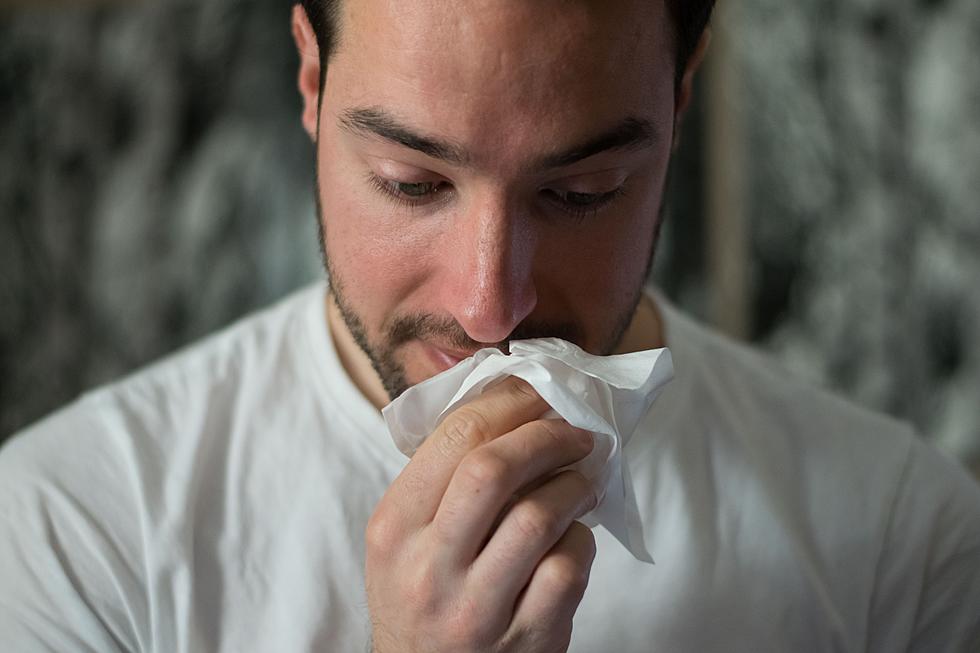![Shedding Some Light on Blood Disorders and Children in NJ [AUDIO]](http://townsquare.media/site/394/files/2012/01/blood-pic.jpg?w=980&q=75)
Shedding Some Light on Blood Disorders and Children in NJ [AUDIO]
Blood disorders are all too common in children in New Jersey and across the country.
Some are easily treated, others can be outgrown, but there are others for which there are no known cures. The Valerie Fund Children's Centers for Cancer and Blood Disorders are located in major hospitals in New Jersey, New York and the Philadelphia area and host over 25,000 patient visits each year.
Quinn Wild, 7, of Long Branch was diagnosed with ITP at the age of four.
The blood disorder destroys existing platelets in the blood and does not allow for the production of enough platelets to make up for the ones that are destroyed.
"When Quinn was 4, he went to a birthday party at a gym. The next day, he had bruises all over his body. His pediatrician sent us to the hospital, he was admitted and they did a blood transfusion that night to boost the platelet count," said Quinn's mother Danielle Wild.
That was three years ago. Since then, Quinn has had an episode about every six months which is usually brought on by an illness or a virus. He may outgrow the disorder at some point, but that remains to be seen.
"Generally, when he has an episode, he is either treated with steroids or a blood transfusion," said Danielle. "We've learned what to look for over the years, so it's easy to tell when an episode is coming on."
As for his activity level, he's not allowed to play organized sports because they can't worry about him getting injured. When he is not having an episode, he can run around and be active like any other kid, but he has to remain inactive for a week to two weeks after an episode.
Sickle cell anemia is another disorder that affects many children in New Jersey. The disorder blocks blood flow throughout the body because the red blood cells are shaped like sickles or crescents.
Keyon Thomas, 8, of Red Bank was diagnosed at birth.
"At about five or six months old, Keyon started having fevers very regularly and he was constantly admitted to the hospital. As he got older, he started having full-blown episodes of debilitating pain," said Keyon's mom Stephanie. "When he has a crisis, he can't walk and you can't even touch him. As a mother looking at your child in pain like that, it's horrible."
"When I have a crisis, it feels like a sharp pain that is in my legs or arms or somewhere in my body," said Keyon. "They usually give me pain medicine and other medicine to try to help stop my blood from sickling inside."
Because Keyon has episodes fairly regularly, when it comes to school, he has a special plan which requires that for every three days missed, the school must provide five hours of tutoring.
"The school does a great job in making sure his needs are met. I am lucky to have my mother as well. She works nights and I work during the day, so someone is always with him," said Stephanie.
There is no cure for sickle cell anemia.
More From 92.7 WOBM










